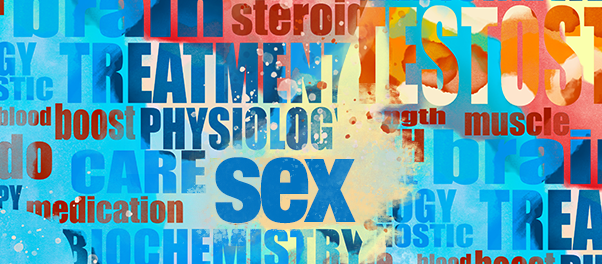Sleep Apnea
Anxiety
Sleep apnea and anxiety often share a complex and intertwined relationship, impacting physical and mental well-being. Individuals with sleep apnea, characterized by disrupted breathing patterns during sleep, frequently experience poor sleep quality and oxygen deprivation, which can exacerbate anxiety. The constant sleep interruption caused by sleep apnea can lead to heightened stress levels and a compromised ability to cope with daily stressors, contributing to developing or exacerbating anxiety symptoms. Conversely, anxiety can lead to sleep disturbances and worsen sleep apnea symptoms, creating a cycle of mutual reinforcement. Addressing sleep apnea and anxiety concurrently through a comprehensive treatment approach is crucial for restoring restful sleep and promoting overall mental health.
Executive Functioning
Central Nervous System
Hypothalamic-Pituitary-Adrenal (HPA) Axis
Sleep Apnea's Covert Impact on Offender Behavior
Offenders suffering from sleep apnea often experience persistent fatigue, irritability, and mood disturbances, which can significantly influence their actions and interactions within the criminal justice context.
- Aggression and Impulsivity: The chronic sleep disruption experienced by individuals with sleep apnea can lead to heightened irritability and impulsivity, increasing the likelihood of aggressive outbursts and impulsive actions.
- Cognitive Impairments: The cognitive deficits associated with sleep-disordered breathing, such as diminished attention and working memory, can profoundly influence offender behavior. Impaired executive functioning may lead to poor decision-making and a reduced ability to weigh the consequences of one's actions.
- Emotion Regulation: Offender rehabilitation often hinges on managing emotions and developing healthier coping strategies. Sleep apnea's disruption of emotional regulation can impede the progress of rehabilitation programs.
- Risk Assessment: Sleep apnea may exacerbate pre-existing mental health conditions, increasing the risk of recidivism. Treating sleep apnea could be crucial to reducing the likelihood of reoffending.
- Treatment and Rehabilitation: Recognizing the presence of sleep apnea in offender populations offers targeted intervention opportunities. Incorporating sleep assessments and treatment for sleep disorders within correctional facilities can improve sleep quality, enhance emotional regulation, and reduce aggressive behavior among inmates.























